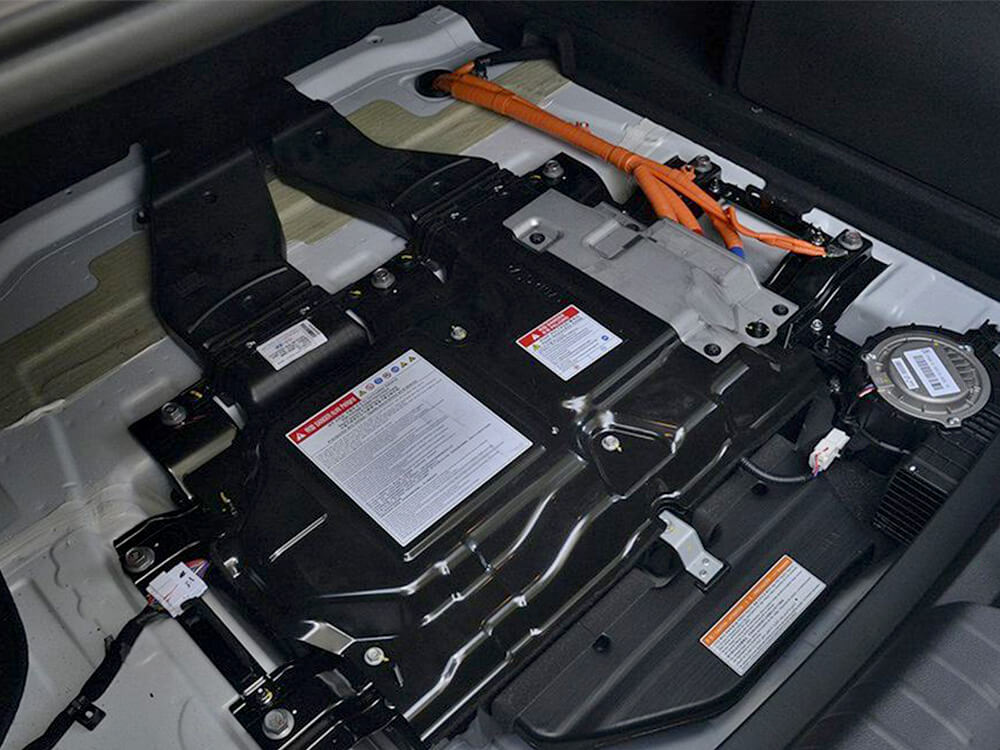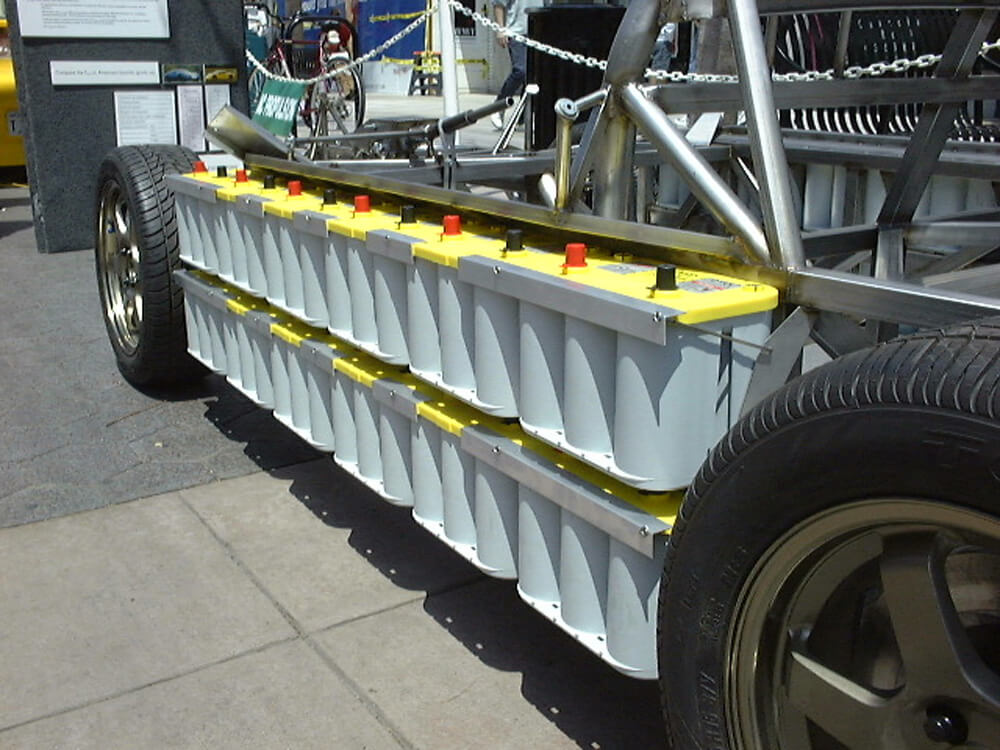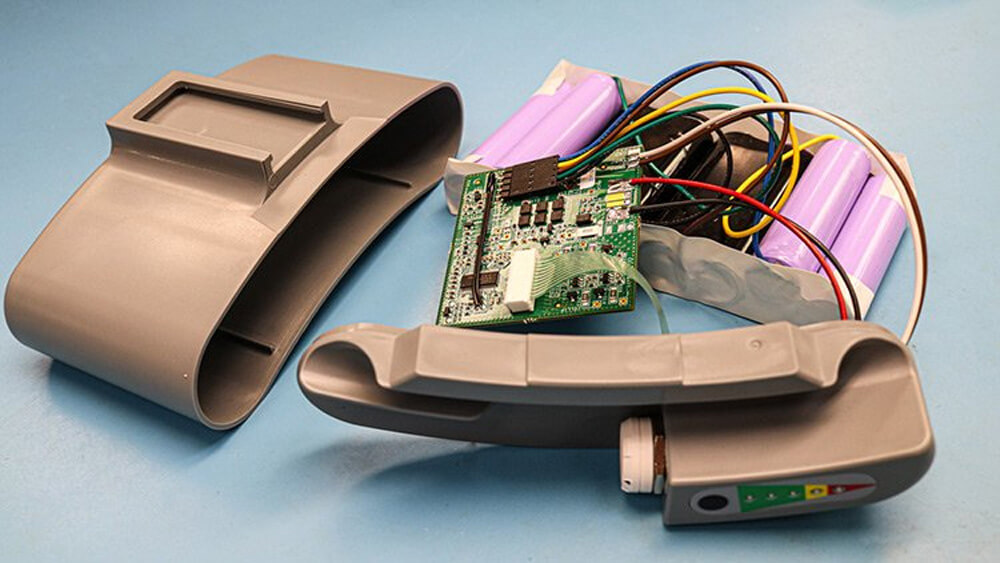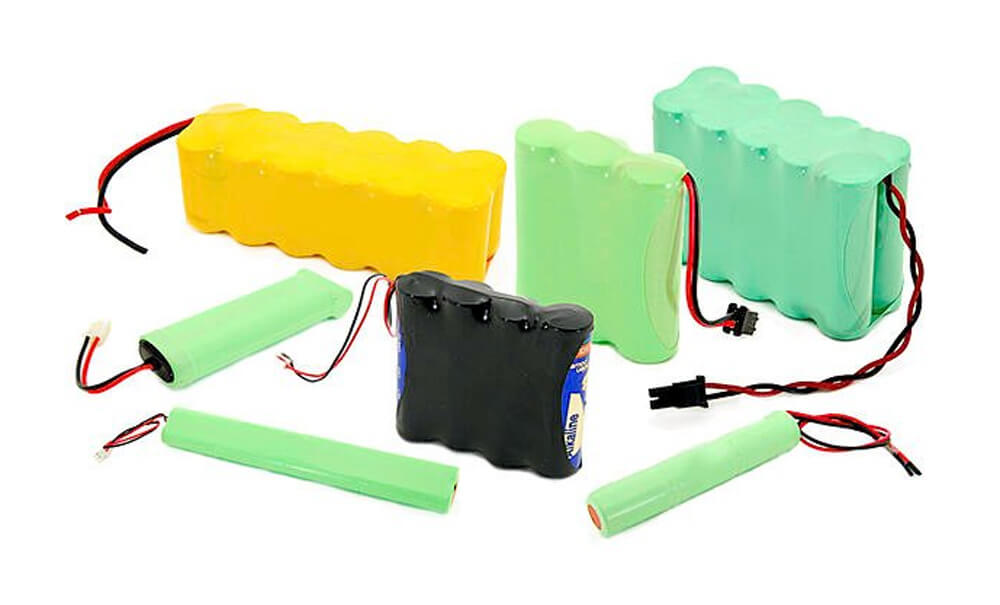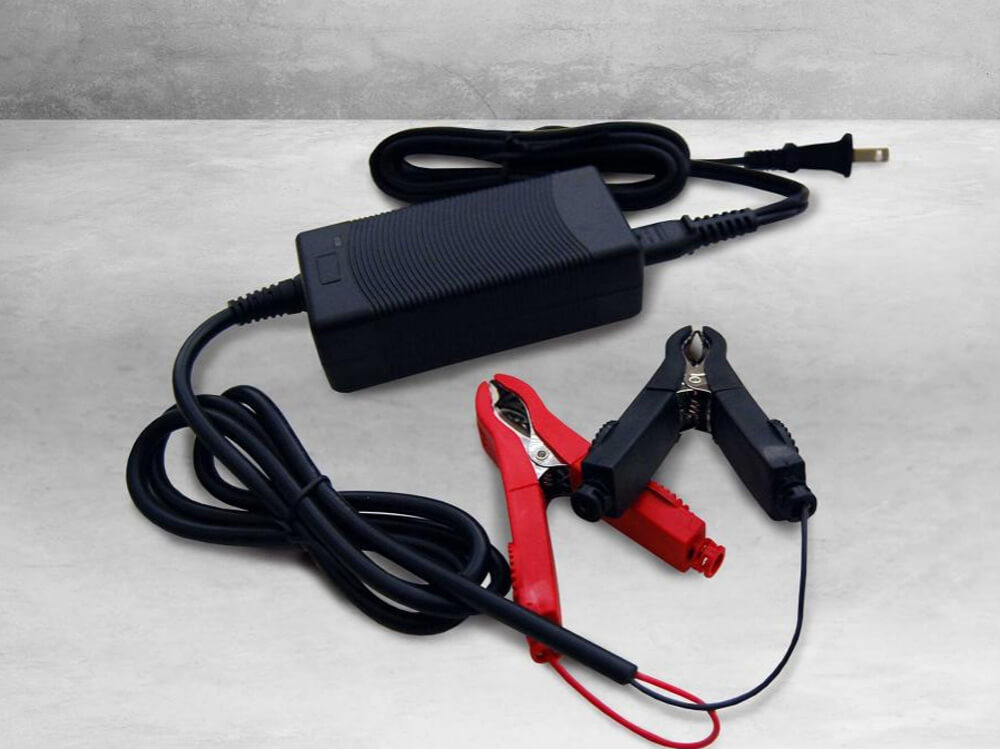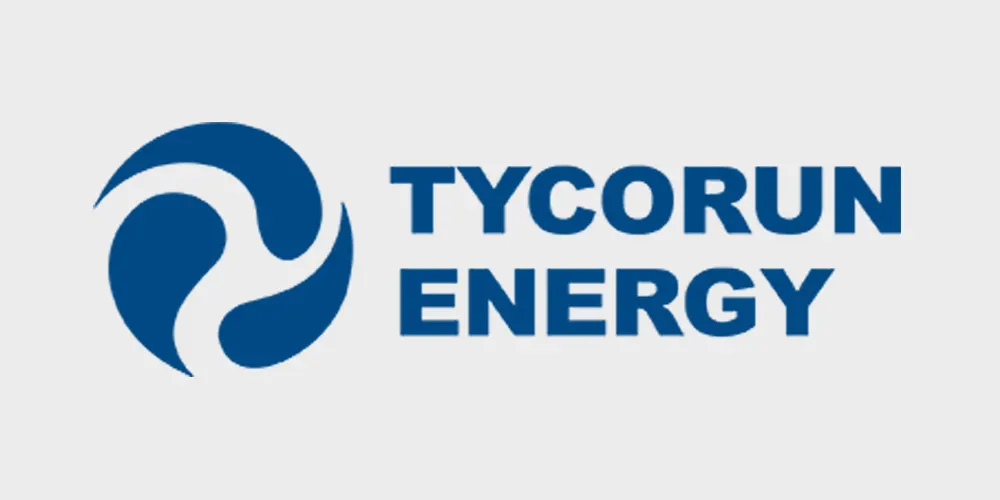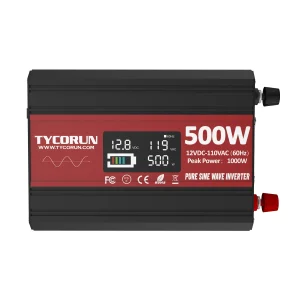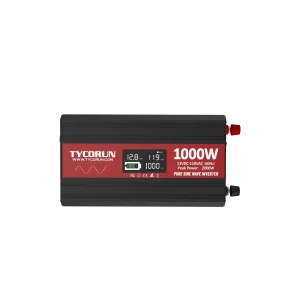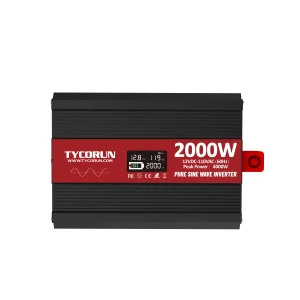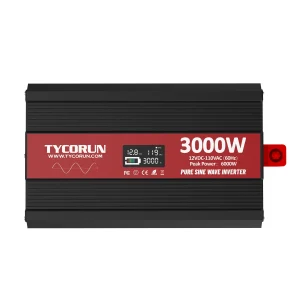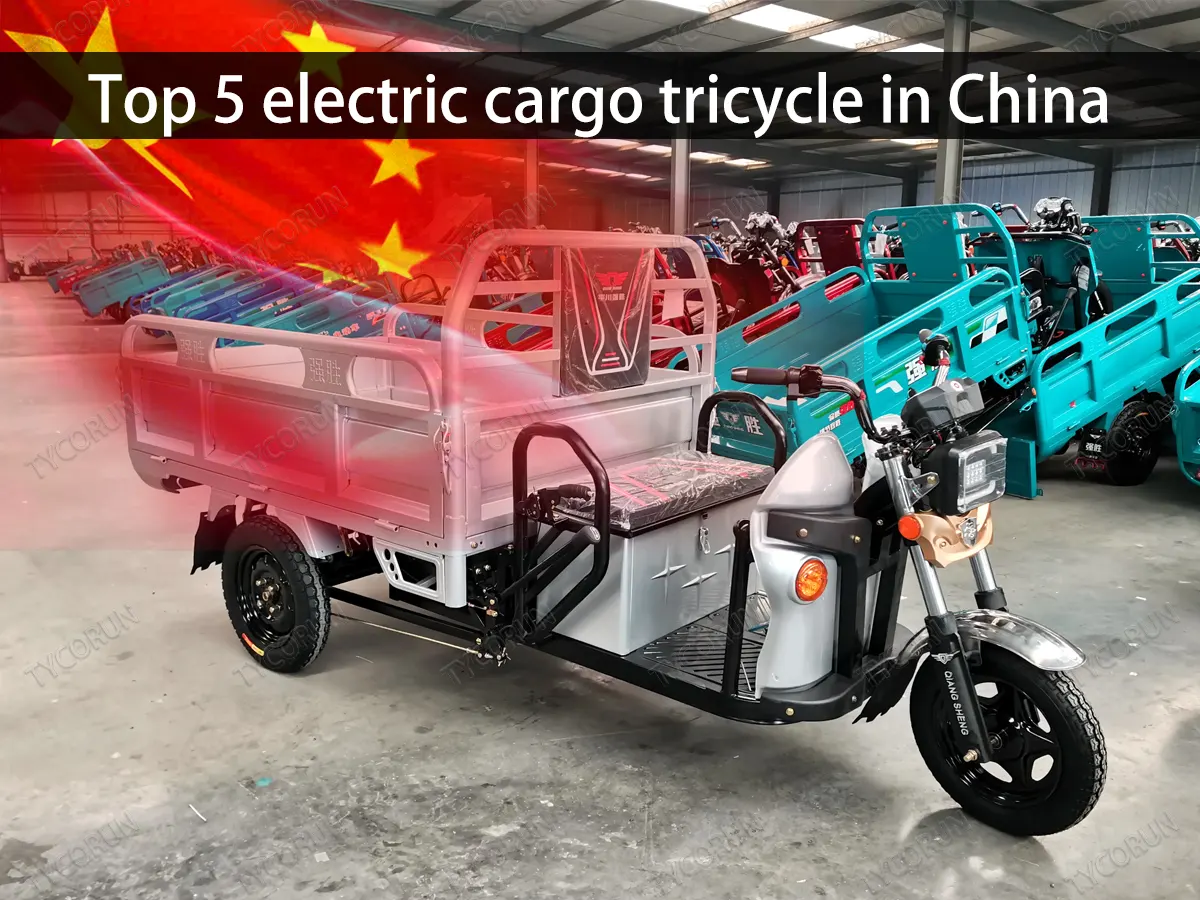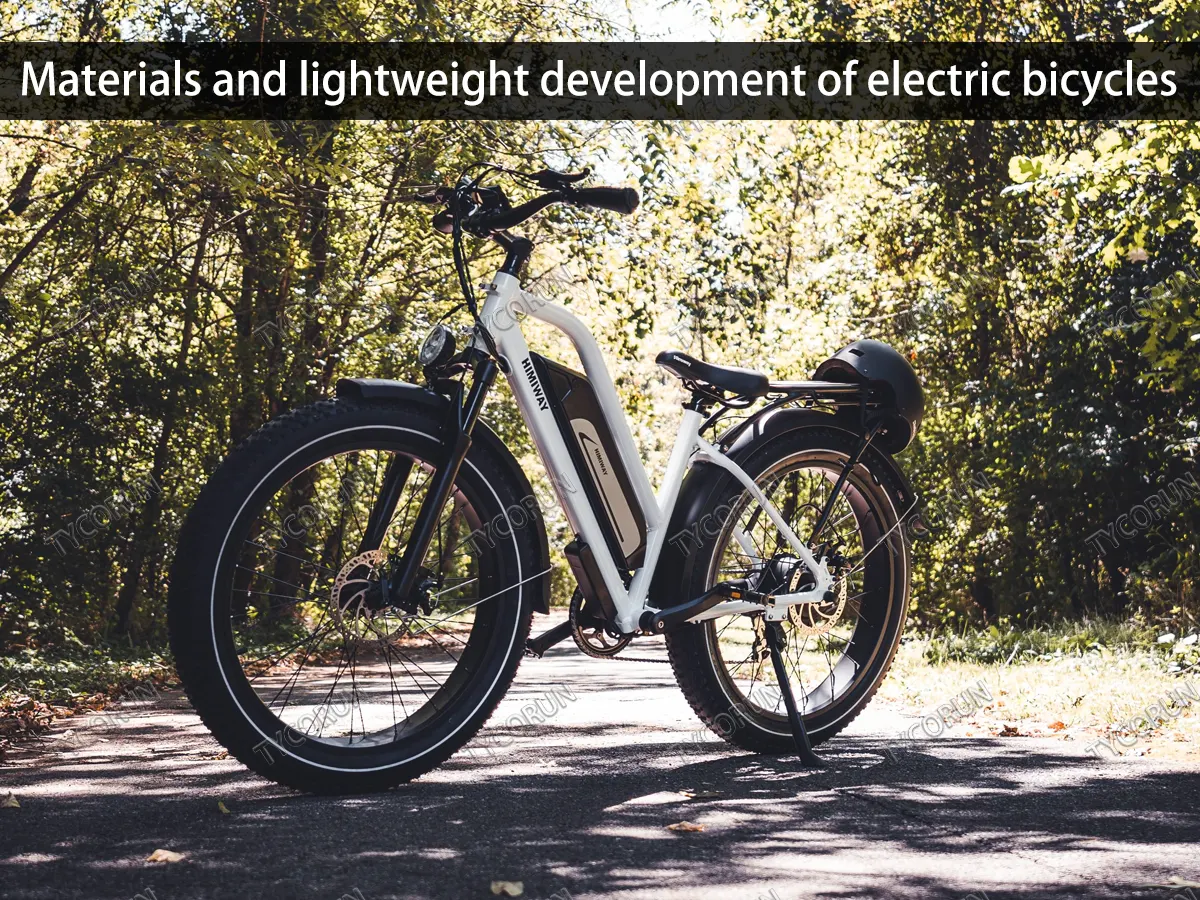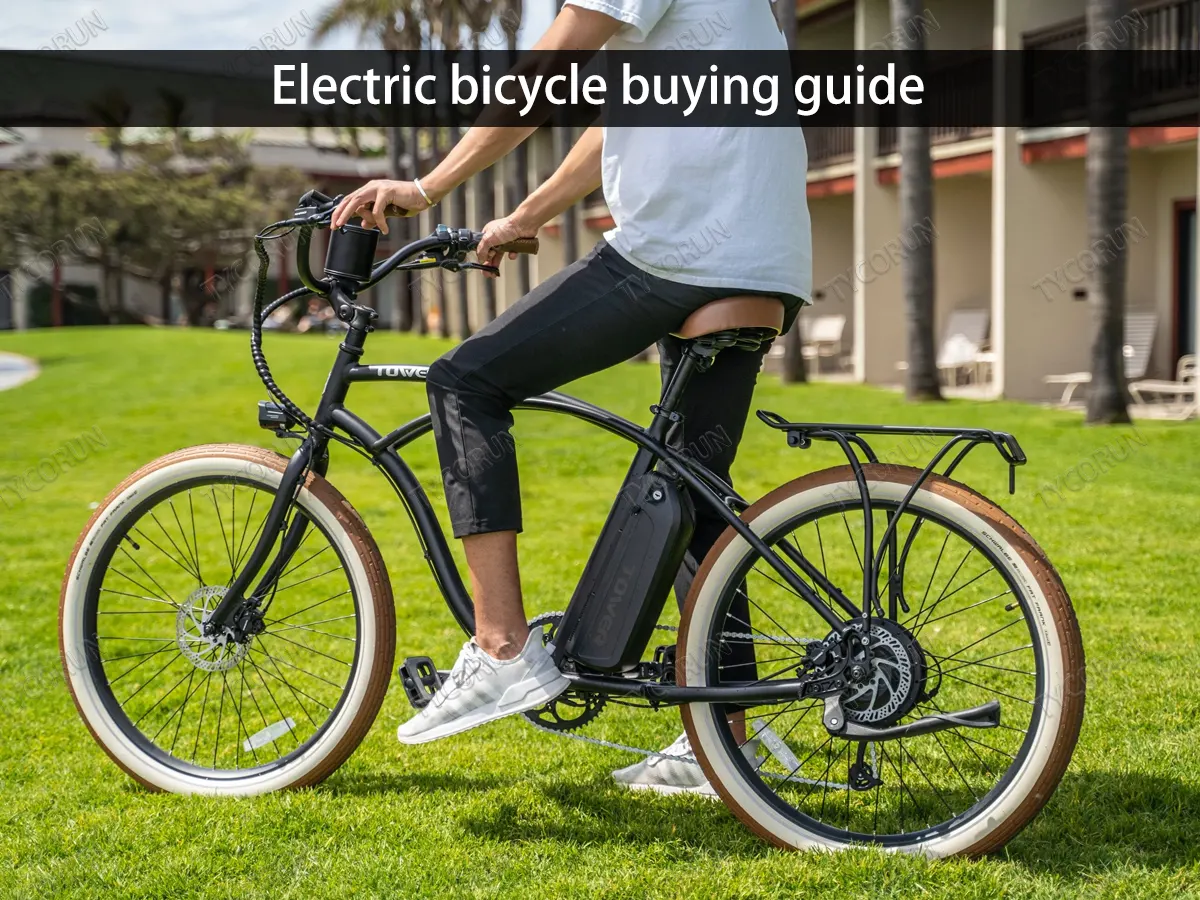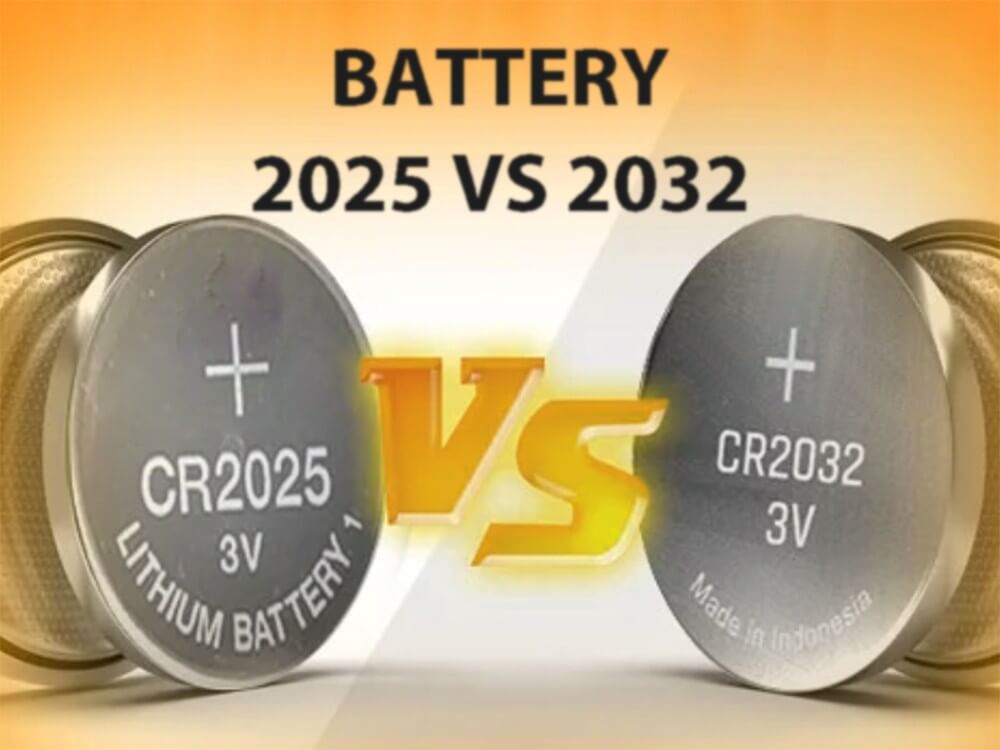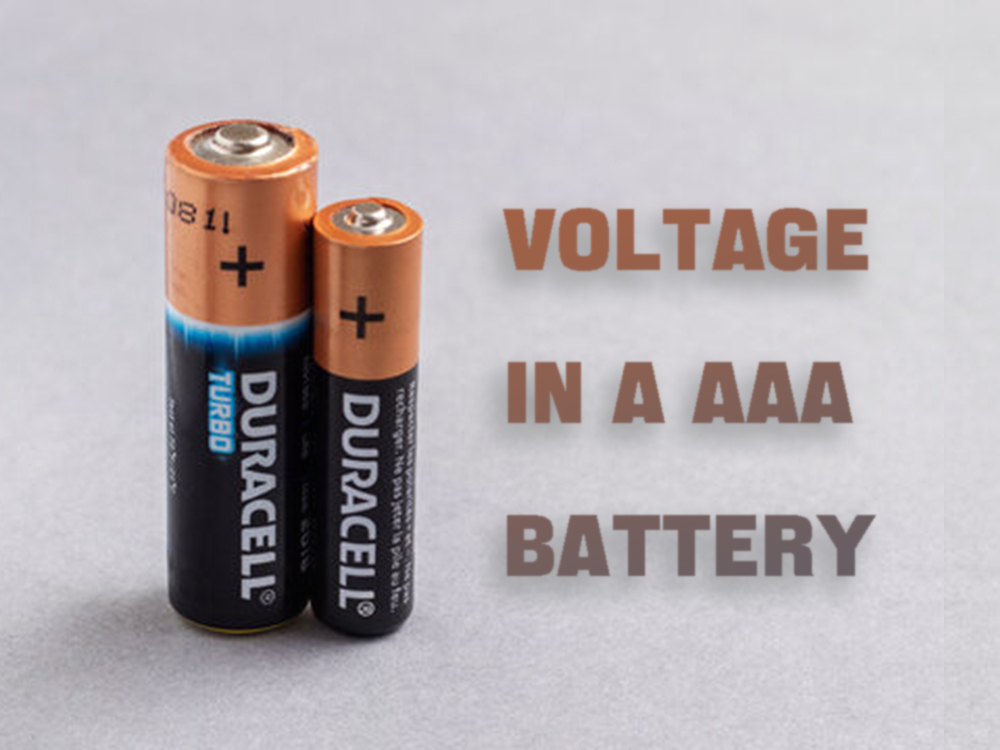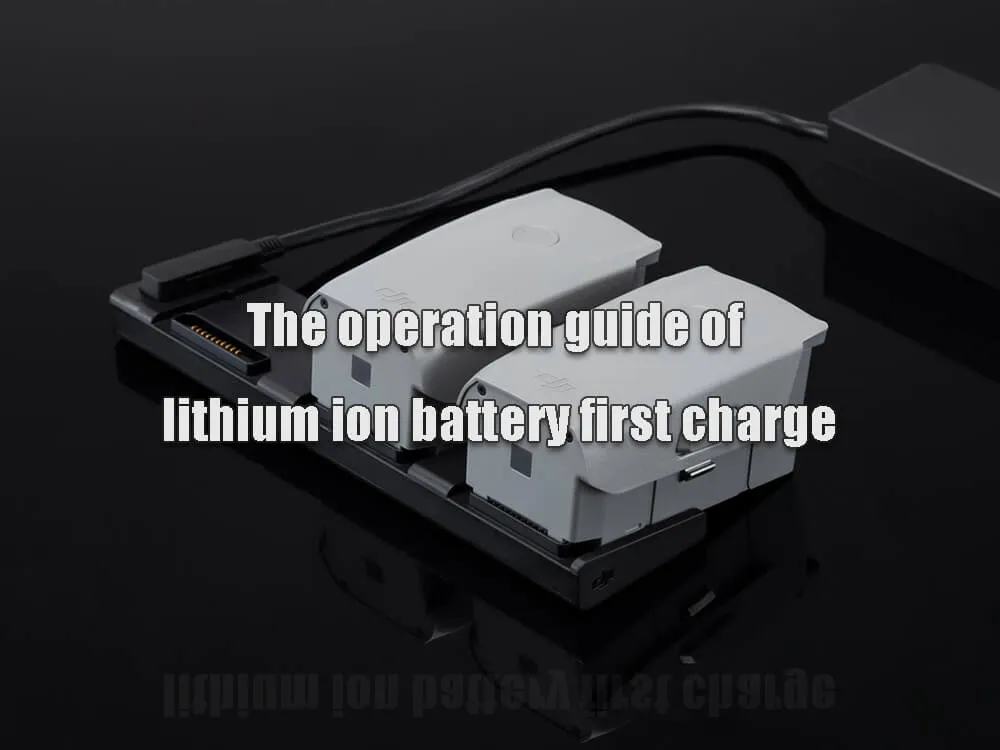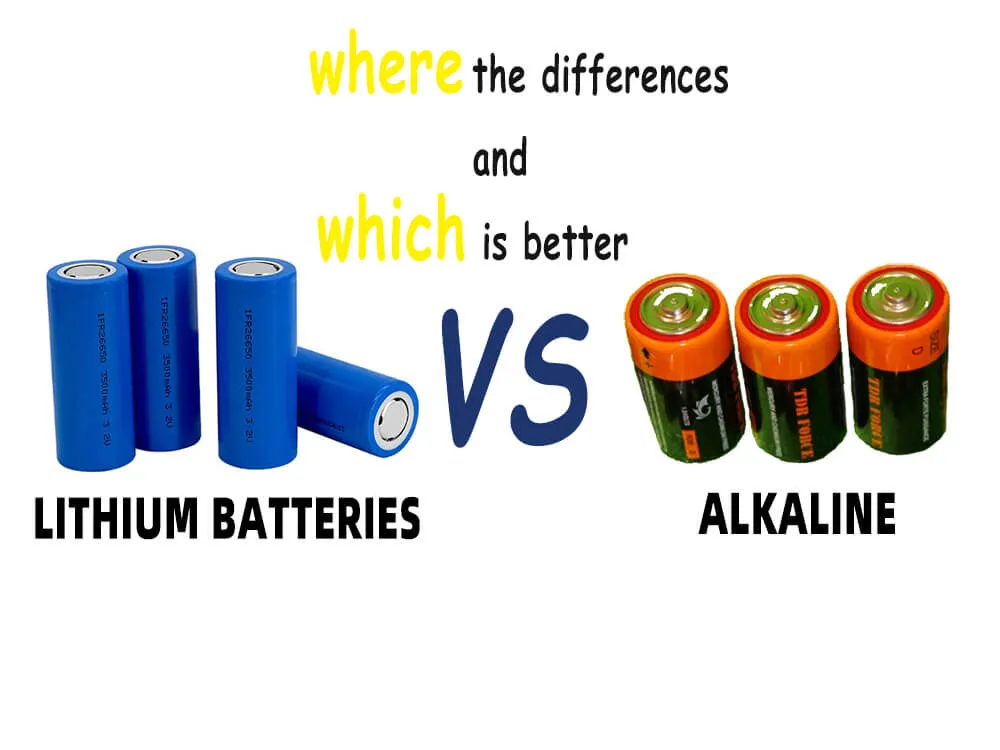Home » Battery Materials » Battery pack charger and everything you need to know about them
Battery pack charger and everything you need to know about them
What is a battery pack
In simple terms, the battery pack is the pack of more than one battery or battery cells that are connected to provide a multiplied amount of power, voltage, or sometimes capacity.
The pack options for battery packs can be varied and also can be configured in a parallel, series, or mixed arrangement. Battery packs are mostly used in automotive, military, radiography, aerospace, oceanography, medical, electric toys, and other industries.
How are battery packs made
Battery packs are mass-produced at quality electrical manufacturers and are available in both retail and online markets. It takes technical expertise and a good grip on relevant skills to create a battery pack and that is exactly the reason why you can’t simply make one in your back garage. What all hardware is used in its manufacturing process includes individual cells (preferably identical), pair of quality interconnectors, an enclosure design, and a temperature sensor.
The interconnects are of key importance, because without them, the battery cells cannot be connected to one another, and similarly without temperature sensor, one cannot have a safe detection of the end of the battery pack’s charging. Most of the battery packs contain cells connected in series.
But it is not a rule. For the battery packs that contain parallel configuration is important to take into consideration the overall balance of charge in the circuit whereby installing wires with unlike electrical configuration. For series configuration, it is not a problem as all the battery cells are getting an equal amount of charge simultaneously.
But in parallel packs, you will require battery regulators to control and lower the voltages of battery cells from attaining maximum value so to allow weaker cells to get enough charge. This is called active balancing in the battery pack. In other words, battery regulators draw charge from potentially high cells to potentially low cells in order to maintain an overall balance of charge in the battery pack and to conserve some energy.
Pros and cons of using battery packs
Like any other electrical device, battery packs also come with their set of advantages and disadvantages. Be it their chemical configuration, power capability, or storage facility, there would always be factors that you will need to consider before buying a battery pack. But we’ll now discuss the most prominent pros and cons of using battery packs.
Pros
The biggest advantage why electrical experts recommend battery packs is their ease of usability and swapping. You could easily swap in a fully charged battery pack to your device while the drained-out one would be charging separately. If you want to play safer, keep more than one battery packs ready for use and you will never run out of useful power.
The second advantage is that Battery Packs offer long life and can be very useful for you if you are looking for a customized and reliable power solution.
Battery packs are useful in and after their useable product life. Once your battery pack expires, you could separately recycle all the batteries equipped in it reducing the amount of hazardous electrical waste that would have been produced otherwise.
Cons
Battery packs can easily be tempered or made changes with a fully packed battery. A good design enclosure will solve many of similar problems and keep you battery cells out of human reach.
Battery packs require proper care in handling, setting up, and storage and cause severe electrical, chemical, and fire risks if manhandled.
How do you charge a battery pack
First thing first, get an appropriate battery pack charger for your battery pack. Not all battery packs can entertain the common off-the-shelf chargers and end up reducing the useful battery life more than adding to it. Different battery chemistry types ask for different charging practices but here are a few major considerations that you should keep in mind while charging your battery pack.
• Match your battery chemistry with the battery pack charger and get a charger preferably with the same amperes as your battery cells.
• Always charge the battery when it is in a low state of charge (SOC) and remove the battery pack charger when the battery has attained its full charge capacity.
• Never use trickle battery pack charger for NiMH and Lithium battery packs as they are only suitable for lead-acid batteries and NiCd chemistry types.
• Prefer charging your battery packs at room temperature as charging low temperatures might affect their charge storing capacities inversely and also cause lithium plating.
• Keep checking the temperature of your battery pack as it charges. You can use a temperature sensor for that function too. Nickel-based batteries cool down when fully charged and warm up when attaining charge. While the lead-acid batteries maintain a mild temperature throughout.
• Your lithium battery pack doesn’t always require achieving a full charge capacity as it best functions when it’s close to fully charged. Remove the battery pack charger when it begins to heat up.
What battery pack charger do i need for a lithium battery
Lithium batteries unlike normal batteries require a Constant current/Constant voltage (CC/CV) charge type and therefore are more suitable to be charged with a lithium Iron phosphate battery pack charger as these battery pack charger are programmed to work in appropriate voltage limits and will use the true potential of your lithium battery.
The thing you should consider while buying the best lithium battery pack charger for your battery is that its voltages should be the same as of the battery (20V for 20V battery) and its amp (A) ratings. The higher the amp ratings, the lesser would be the charge time.
How long does a battery pack take to charge and discharge
There is more than one factor involved in calculating the charge and discharge time of a battery pack. But the most significant would be battery capacity, battery pack charger type, battery pack charger output, and battery chemistry. Though it would be a little too predictable to say that battery pack charger output and battery capacity are directly proportional to each other and thus decide the charge/discharge time you can make an equation to understand it better.
Battery capacity
For Example, if you have a battery that has a capacity of 1 Ah and is connected with a battery pack charger of 1 amp, the estimated charging time would be 1 hour. Similarly adding the battery capacity would simply add up the charging hours. The case is exactly the same in the discharge except the current will flow in the opposite directions. A battery of 10Ah connected to a battery pack charger of the same specification will take 10 hours to discharge.
Charger current
The second factor is the battery pack charger capacity. If you have already got your hands on a supplied lithium-ion battery pack charger, attaining the maximum charge rate for your pack should be a problem for you. But if you are still relying on aftermarket battery pack charger, the advice for you is to select a battery pack charger that offers 1/10th of your battery capacity. This means if your battery is 10Ah, charge it at a capacity of 1A battery pack charger. In this way, you would be able to have the maximum charge rate for your battery without failing it or overheating it.
Battery chemistry
Another important factor as mentioned above is the chemistry of the battery. Failing to check the compatibility of battery chemistry with the charging arrangement can lead to disastrous results. Of course, we are discussing only lithium battery packs so we would ignore all other battery chemistries.
In terms of the charging speed, Lithium chemistries can be divided into three main subcategories; fast, rapid, and ultra-rapid charges. Before explaining each one of them separately, let’s first make sure that we are completely avoiding slow or trickle charging as a very low voltage can make your battery pack unstable and lead to degradation.
• Fast Charge: All the lithium battery packs that accept a charging rate up to 0.5C fall under this category. These chargers will take on an average of 3-4 hours for your battery to charge completely.
• Rapid Charge: The second Lithium chemistry type is the one that has a massive charge rate of up to 1C. Though the experts are of the view that the charging rate around 0.7-0.8 should be considered the maximum safe charging rate for a battery pack you can take the calculated risk. The charging time, in this case, would reduce to around an hour.
• Ultra-Rapid Charge: The third and the fastest category includes the ultra-fast battery pack charger available for lithium battery packs. These battery packs have usually NiMH chemistry and their charge rate can vary from 1C to up to 10C. Not to mention the advisable safe charging rate. This charging method is mostly used in specially designed high-power battery packs and doesn’t have many applications in daily-use battery types. The charging time can be an hour or even less than an hour.
Can i charge a lithium battery with a normal battery pack charger
The normal battery pack charger, also known as lead-acid battery pack charger use lower voltages and are therefore likely to fill 80-90-% of your lithium battery. This will not just stress your battery but is also going to affect its lifespan and performance.
The answer is NO. Since lithium batteries are designed and require specific current and voltages to work in a good shape, bypassing these rules can cause consequences. It is therefore recommended top use suitable lithium chargers for your lithium batteries for best results.

